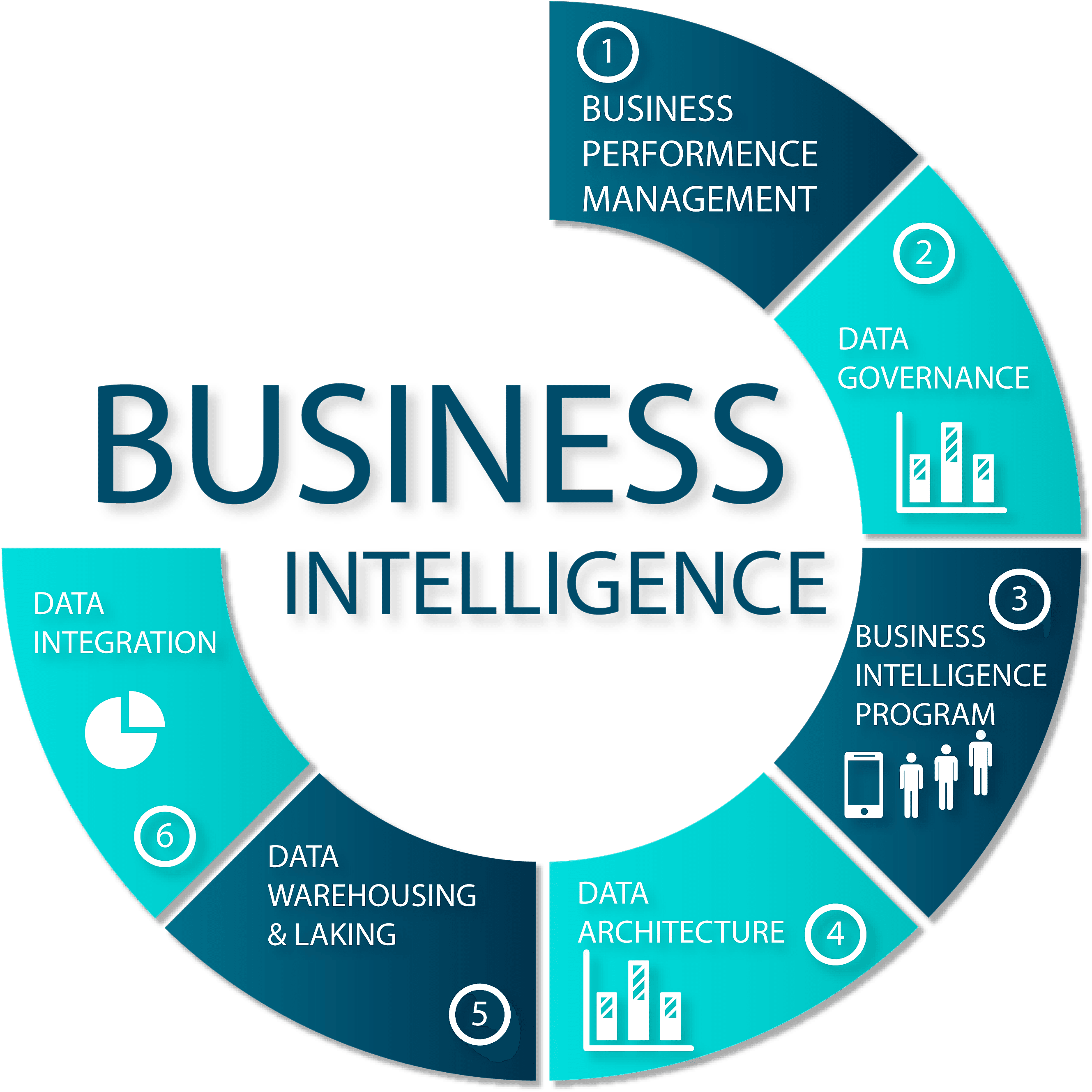Bilytica # 1 is one of the top Business Intelligence Analyst in Saudi Arabia and has become increasingly crucial. For organizations in Saudi Arabia, where data-driven decision-making is becoming a strategic imperative, BI Analysts play a pivotal role in extracting valuable insights from data to drive business success. This blog explores the key skills and qualifications required for Business Intelligence Analysts in Saudi Arabia, highlighting the competencies that are essential for success in this dynamic field.
Click to Start Whatsapp Chat with Sales
Call #:+923333331225
Email: sales@bilytica.com
Bilytica #1 Business Intelligence Analyst in Saudi Arabia

Understanding the Role of a Business Intelligence Analyst
Business Intelligence Analyst in Saudi Arabia are responsible for collecting, analyzing, and interpreting large volumes of data to provide actionable insights that support strategic decision-making. Their work involves using various BI tools and techniques to transform raw data into meaningful reports, dashboards, and visualizations. In Saudi Arabia, the demand for BI Analysts is growing as organizations across various sectors, including finance, healthcare, and retail, seek to leverage data for competitive advantage.
Essential Skills for Business Intelligence Analysts
- Data Analysis and Interpretation
- Data Mining: BI Analysts must be skilled in data mining techniques to identify patterns, trends, and correlations within large datasets. This involves using statistical methods and algorithms to extract valuable insights.
- Statistical Analysis: Proficiency in statistical analysis is crucial for understanding data distributions and making informed predictions. Analysts should be familiar with statistical tools and methodologies, such as regression analysis, hypothesis testing, and probability.
- Technical Proficiency
- Business Intelligence Tools: Familiarity with BI tools such as Microsoft Power BI, Tableau, QlikView, and SAS is essential. These tools enable analysts to create interactive dashboards, reports, and visualizations that communicate insights effectively.
- Database Management: A solid understanding of database management systems (DBMS) like SQL Server, Oracle, and MySQL is important for querying and managing data. Analysts should be proficient in writing SQL queries to retrieve and manipulate data.
- Programming Languages: Knowledge of programming languages such as Python or R can enhance an analyst’s ability to perform advanced data analysis and develop custom algorithms.
- Data Visualization
- Report Creation: The ability to design and develop clear, concise, and visually appealing reports is crucial. Analysts must be skilled in presenting data in a way that is easily understandable and actionable for stakeholders.
- Dashboard Development: Creating interactive dashboards that provide real-time insights and facilitate data exploration is a key skill. BI Analysts should be able to use BI tools to design dashboards that effectively display key performance indicators (KPIs) and other relevant metrics.
- Business Acumen
- Industry Knowledge: Understanding the specific industry in which the organization operates is important for interpreting data within the relevant context. BI Analysts should be familiar with industry trends, challenges, and key metrics.
- Strategic Thinking: Analysts need to have a strategic mindset to align their data insights with the organization’s goals and objectives. This involves understanding how data-driven insights can support decision-making and drive business growth.
- Communication Skills
- Presentation Skills: Effective communication of complex data insights to non-technical stakeholders is essential. Business Intelligence Analyst in Saudi Arabia should be able to present findings clearly and persuasively, using visualizations and storytelling techniques.
- Collaboration: Working closely with other departments, such as finance, marketing, and operations, is a key aspect of the role. Analysts should be able to collaborate effectively and understand the data needs of various teams.
- Problem-Solving Skills
- Analytical Thinking: BI Analysts must possess strong analytical skills to identify issues, develop solutions, and make data-driven recommendations. This involves critical thinking and the ability to approach problems from different angles.
- Attention to Detail: Ensuring accuracy and consistency in data analysis and reporting is crucial. Analysts should have a keen eye for detail to identify and correct any discrepancies or errors in the data.

Qualifications and Educational Background
- Educational Requirements
- Bachelor’s Degree: A bachelor’s degree in a related field, such as Computer Science, Information Technology, Statistics, Mathematics, or Business Administration, is typically required. This educational background provides the foundational knowledge needed for data analysis and BI tools.
- Master’s Degree (Optional): While not always required, a master’s degree in Business Intelligence, Data Science, or a related field can provide a competitive edge and open up advanced career opportunities.
- Certifications
- Certified Business Intelligence Professional (CBIP): The CBIP certification demonstrates expertise in BI and data warehousing. It is highly regarded and can enhance career prospects for BI Analysts.
- Microsoft Certified: Data Analyst Associate: This certification validates proficiency in using Microsoft Power BI, a popular BI tool, and is valuable for analysts working with this platform.
- Tableau Desktop Certified Associate: For those specializing in Tableau, this certification showcases expertise in using Tableau for data visualization and analysis.
- Experience
- Relevant Work Experience: Previous experience in data analysis, business intelligence, or related roles is important for career advancement. Practical experience with BI tools and techniques is highly valued by employers.
- Project Portfolio: Building a portfolio of completed BI projects, including examples of reports, dashboards, and data analyses, can demonstrate skills and experience to potential employers.
Trends Influencing the Future of Business Intelligence in Saudi Arabia
- Increased Focus on Data Governance
- Data Quality: Ensuring the accuracy, consistency, and reliability of data is becoming a priority. Organizations are investing in data governance practices to maintain high-quality data for decision-making.
- Compliance: Adhering to data privacy and security regulations is essential. BI Analysts must be aware of regulatory requirements and implement practices to protect sensitive data.
- Growth of Big Data and Advanced Analytics
- Big Data Technologies: The adoption of big data technologies, such as Hadoop and Spark, is expanding. BI Analysts will need to work with large datasets and leverage these technologies for advanced analytics.
- Predictive and Prescriptive Analytics: There is a growing demand for predictive and prescriptive analytics to anticipate future trends and recommend actions. Analysts will need to develop skills in these advanced analytical techniques.
- Integration of Artificial Intelligence and Machine Learning
- AI and ML Integration: The integration of AI and machine learning into BI tools is enhancing data analysis capabilities. BI Analysts will need to understand how to leverage these technologies to gain deeper insights and automate data processes.
- Emphasis on Real-Time Data Analysis
- Real-Time Insights: The need for real-time data analysis is increasing as organizations seek to make faster, data-driven decisions. Power BI Analysts will need to develop skills in real-time data processing and analysis.
Conclusion
The role of Business Intelligence Analysts in Saudi Arabia is evolving rapidly, driven by advancements in technology and the growing importance of data-driven decision-making. To succeed in this dynamic field, BI Analysts need a combination of technical proficiency, analytical skills, and industry knowledge. By staying informed about emerging trends and continuously developing their skills, BI Analysts can contribute to their organizations’ success and drive innovation in the realm of business intelligence. As the demand for data-driven insights continues to grow, the role of BI Analysts will remain pivotal in shaping the future of business and technology in Saudi Arabia.
Click to Start Whatsapp Chat with Sales
Call #:+923333331225
Email: sales@bilytica.com
Business Intelligence Analyst in Saudi Arabia
Business Intelligence Analyst in Saudi Arabia
Business Intelligence Analyst in Saudi Arabia
5-9-2024





